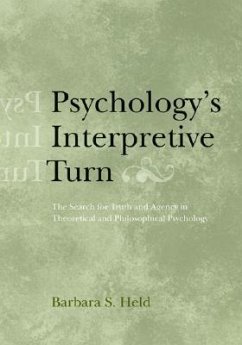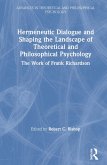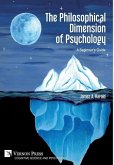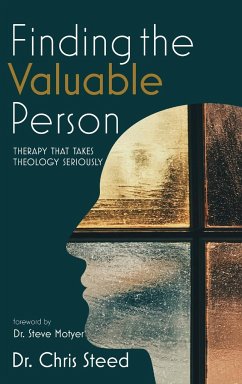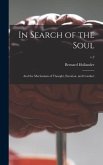Two of the most fundamental and pervasive philosophical questions in psychology are: Is objective psychological truth possible, and how does that possibility pertain to human agency, or our capacity for self-determination? For over 25 years, postmodern theorists have maintained that an antiobjectivist or antirealist philosophy enhances human agency by making us free to be what we interpret ourselves to be. However, in the last decade, a new wave group of theorists with hermeneutic, pragmatic, and constructionist origins has put forth views that are replacing those of conventional postmodernists. Their dual mission is to defend the realism denied by postmodern antirealist psychologists while upholding the agency they believe to be denied by modern objectivist psychologists.
Presents an argument that any philosophy of psychology that in principle precludes the possibility of objective psychological knowledge and truth also undermines an agency founded on rational interpretive grounds. This work offers a critique concerning psychology's fragmentation mount and attempts at unification proliferate.
Presents an argument that any philosophy of psychology that in principle precludes the possibility of objective psychological knowledge and truth also undermines an agency founded on rational interpretive grounds. This work offers a critique concerning psychology's fragmentation mount and attempts at unification proliferate.

